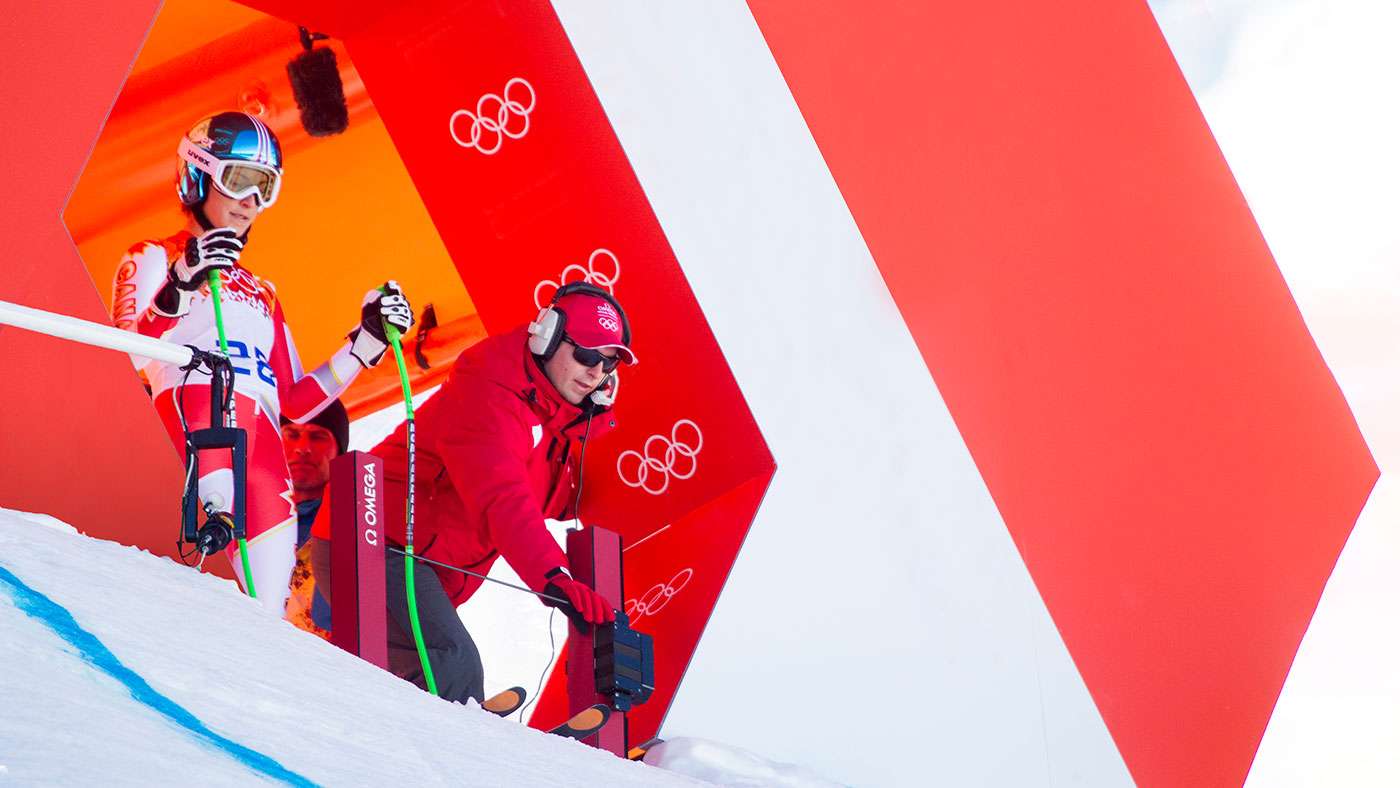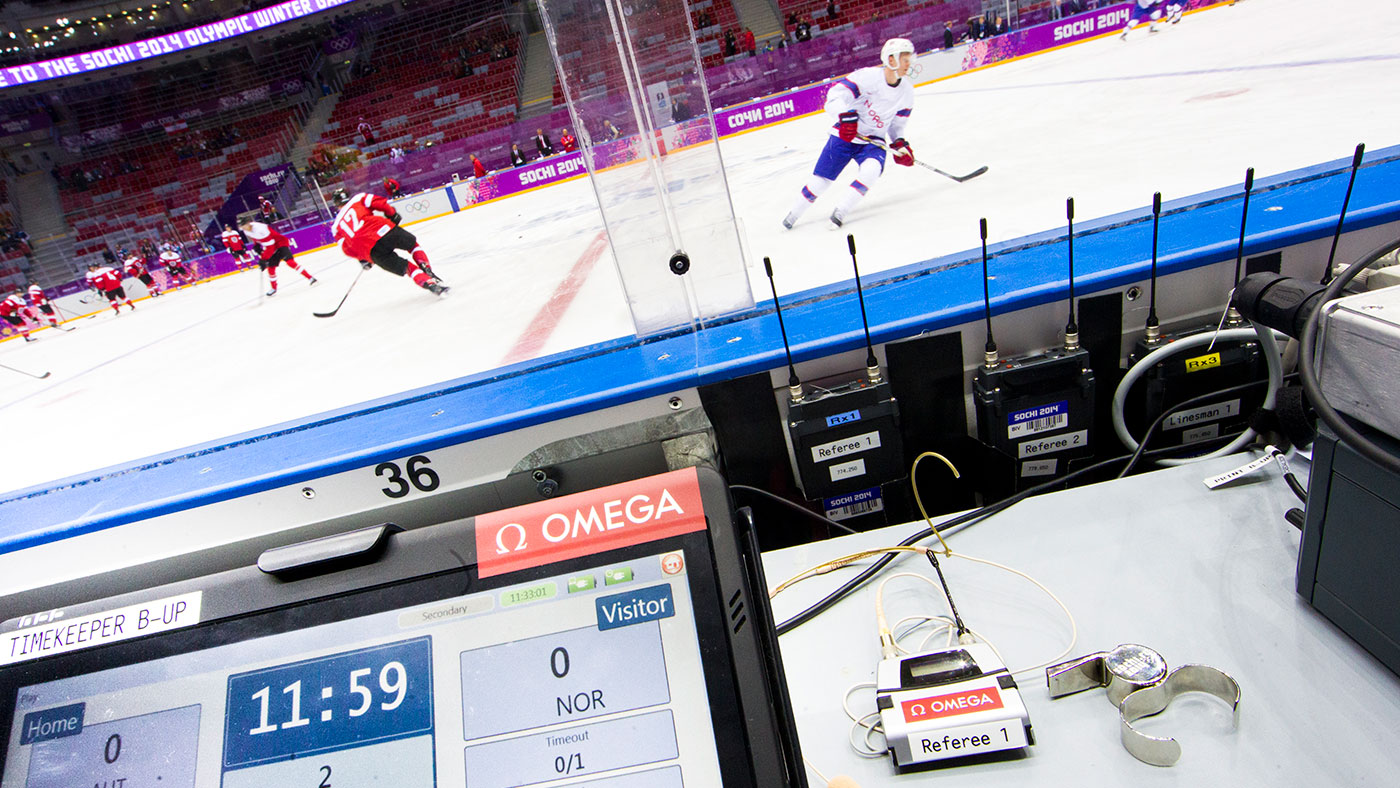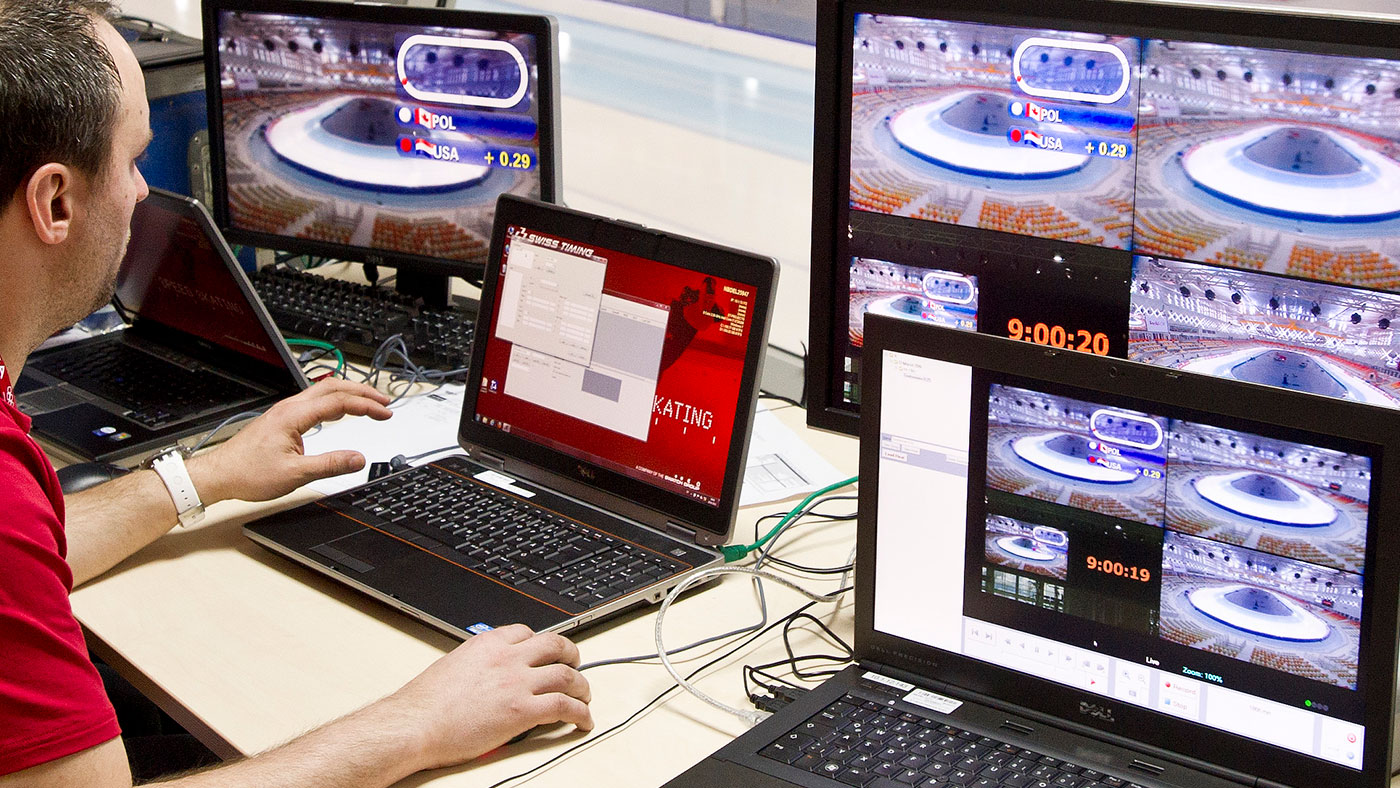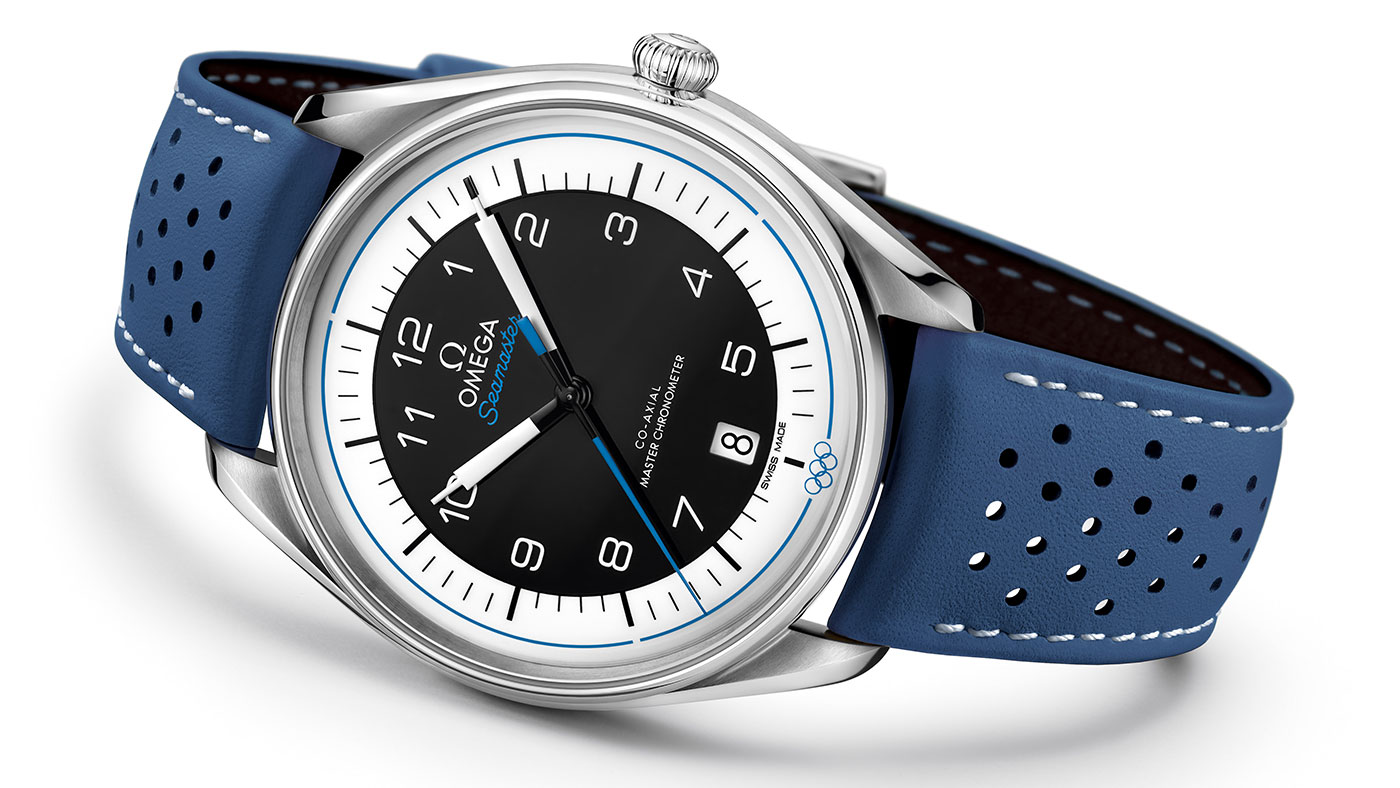Omega: Champions of timekeeping
As the Winter Olympics approaches, Alain Zobrist, CEO of Omega Timing, explains why the Swiss watchmakers is still the official timekeeper

A free daily email with the biggest news stories of the day – and the best features from TheWeek.com
You are now subscribed
Your newsletter sign-up was successful
Omega has been the official timekeeper of the Olympic Games since 1932. At that time, we were chosen because the Olympic International Committee needed to have a single company to provide timekeeping services to all sports, with certified chronographs. Back then Omega already had the most accurate, precise stopwatches that existed in the market and we sent one watchmaker, along with 230 chronographs, all the way to Los Angeles. Four years later, at the first Winter Olympics we timed in 1936, we had the same set-up but fewer chronographs – only 27, because there are fewer winter sports than summer sports. In Pyeongchang 2018 nothing will be timed with manual stopwatches anymore as we now have computers everywhere. We're sending more than 230 tonnes of equipment and 300 timekeepers, with the help of the 350 volunteers we are working with. Because it's become so technology driven it is a big logistical challenge, but one that is very much similar from one Games to another, it's just the location that is different.

Historically it has always taken time to introduce new technology into sports; it took us almost two decades to utilise electronic timekeeping as a main system, instead of hand-stopped timekeeping. It doesn't take that long today, but the whole development process can still take years, from the initial idea to the final technology. The ideas come from various stakeholders, with input internally from our engineers and our timekeepers. Timekeepers use our technologies every day at many competitions throughout the year, so they know their sport very well and will have valuable insights into how we can further improve.
The first thing to consider is that innovations need to benefit the athlete – that's rule number one. Then it needs to be absolutely accurate, proven and rock solid. A technology that is not 100 per cent certain cannot be introduced. It's especially important when considering the Olympics; athletes are training their entire lives for that particular moment, so we cannot have a technology that is not working to full accuracy that could potentially destroy their dreams. We would rather not have it at all than introduce an element of doubt.
The Week
Escape your echo chamber. Get the facts behind the news, plus analysis from multiple perspectives.

Sign up for The Week's Free Newsletters
From our morning news briefing to a weekly Good News Newsletter, get the best of The Week delivered directly to your inbox.
From our morning news briefing to a weekly Good News Newsletter, get the best of The Week delivered directly to your inbox.

We have planned some exciting new innovations for Pyeongchang that will probably be a small revolution in sports overall. We're going to put sensors on the athletes to measure their performance between the start and finish. This will enable us to know where exactly during the race they won or lost time compared to their competitors. For alpine skiing, for example, we have a little tag attached on the boot that will measure up to 2,000 different pieces of data per second. The athletes will be receiving this data as soon as they pass the line, but we will also be able to share additional information with fans watching on TV and the spectators in the stadium.
We also have new technology in bobsledding. There is a small device inside the sled at the front that allows us to instantly measure the position of the sled on the track, the speed, the acceleration and brake, and to compare the performance of the current sled with the leader, or any other sled, in order to see the differences. In ice hockey, the players will be wearing a tag at the back of their shirts and, for the very first time in this team sport, we can have live game analysis where we can explain tactics and track the puck.

There is still a way to go in timekeeping technology. The interesting aspect is that the area or parameters remain the same. Time doesn't change – one second is going to remain one second, no matter what. It's how we measure that second that is going to change in the future, and also our understanding of what's happening during that second.
Today, we are able to miniaturise technology as much as possible in order for athletes to start to accept wearing it – before, devices were just too big and heavy. Now, with the evolution of technology, we can really start to have small devices that are very lightweight and do not disturb them. Who knows, maybe in 10 years we will all be wearing a chip somewhere – the tech world evolves very fast, so we don't really know how we are going to do the timekeeping even at the Olympics in 2032.
A free daily email with the biggest news stories of the day – and the best features from TheWeek.com
ALAIN ZOBRIST is CEO of Omega Timing, leading the timekeeping operation at the 2018 Winter Olympics in Pyeongchang; omegawatches.com
-
 Local elections 2026: where are they and who is expected to win?
Local elections 2026: where are they and who is expected to win?The Explainer Labour is braced for heavy losses and U-turn on postponing some council elections hasn’t helped the party’s prospects
-
 6 of the world’s most accessible destinations
6 of the world’s most accessible destinationsThe Week Recommends Experience all of Berlin, Singapore and Sydney
-
 How the FCC’s ‘equal time’ rule works
How the FCC’s ‘equal time’ rule worksIn the Spotlight The law is at the heart of the Colbert-CBS conflict